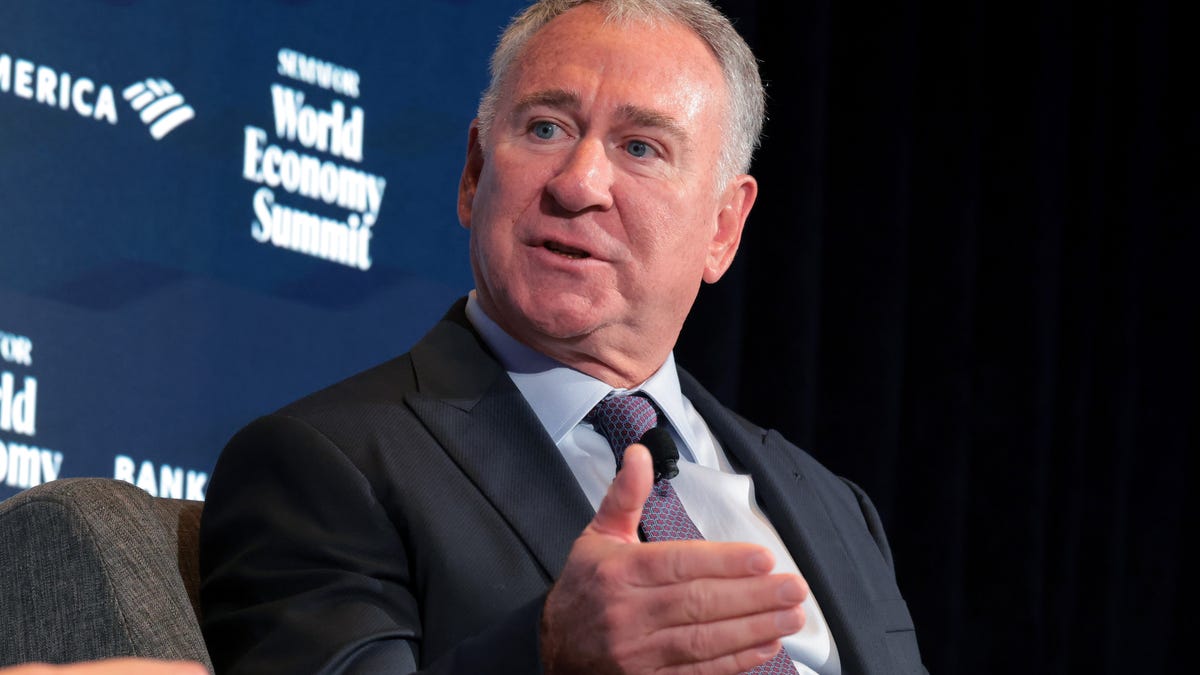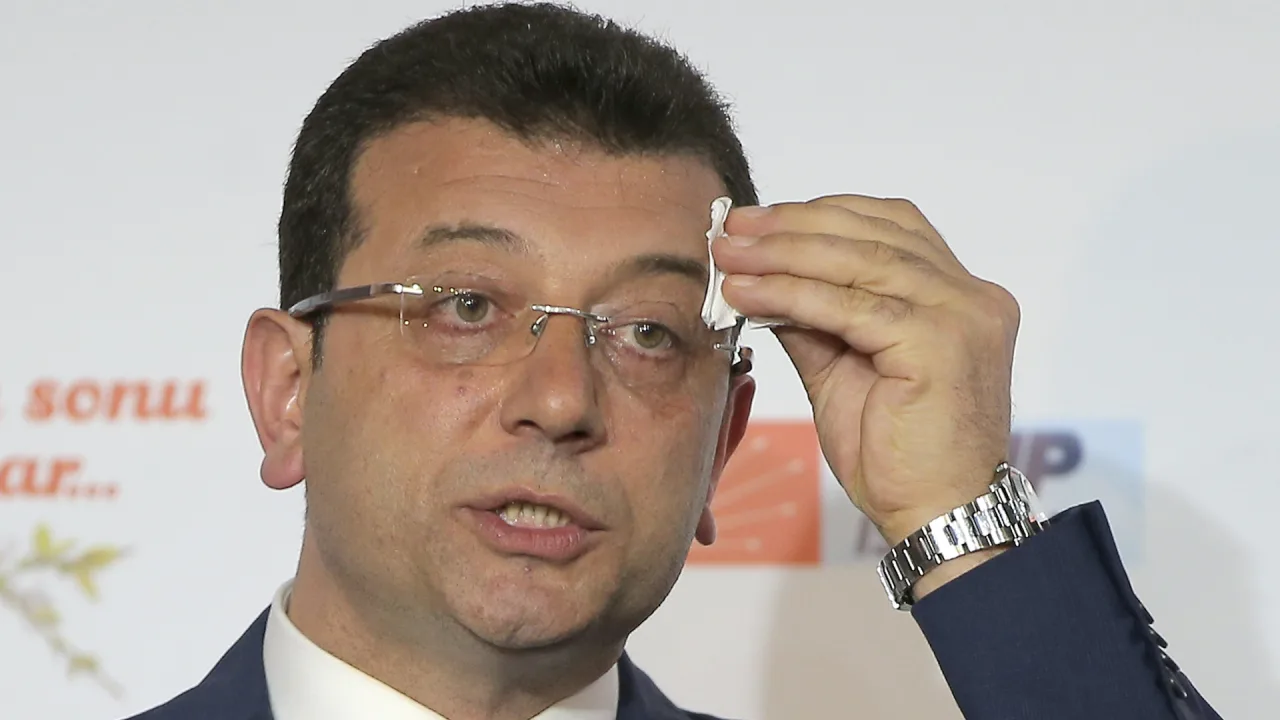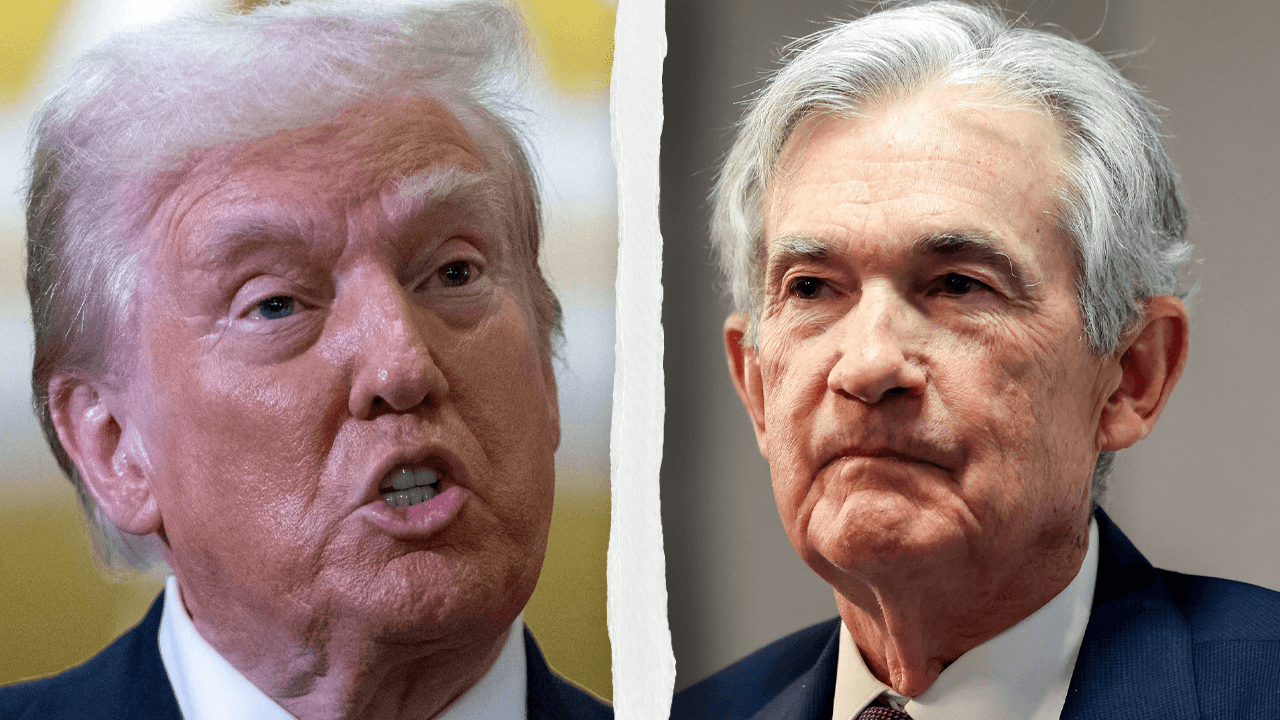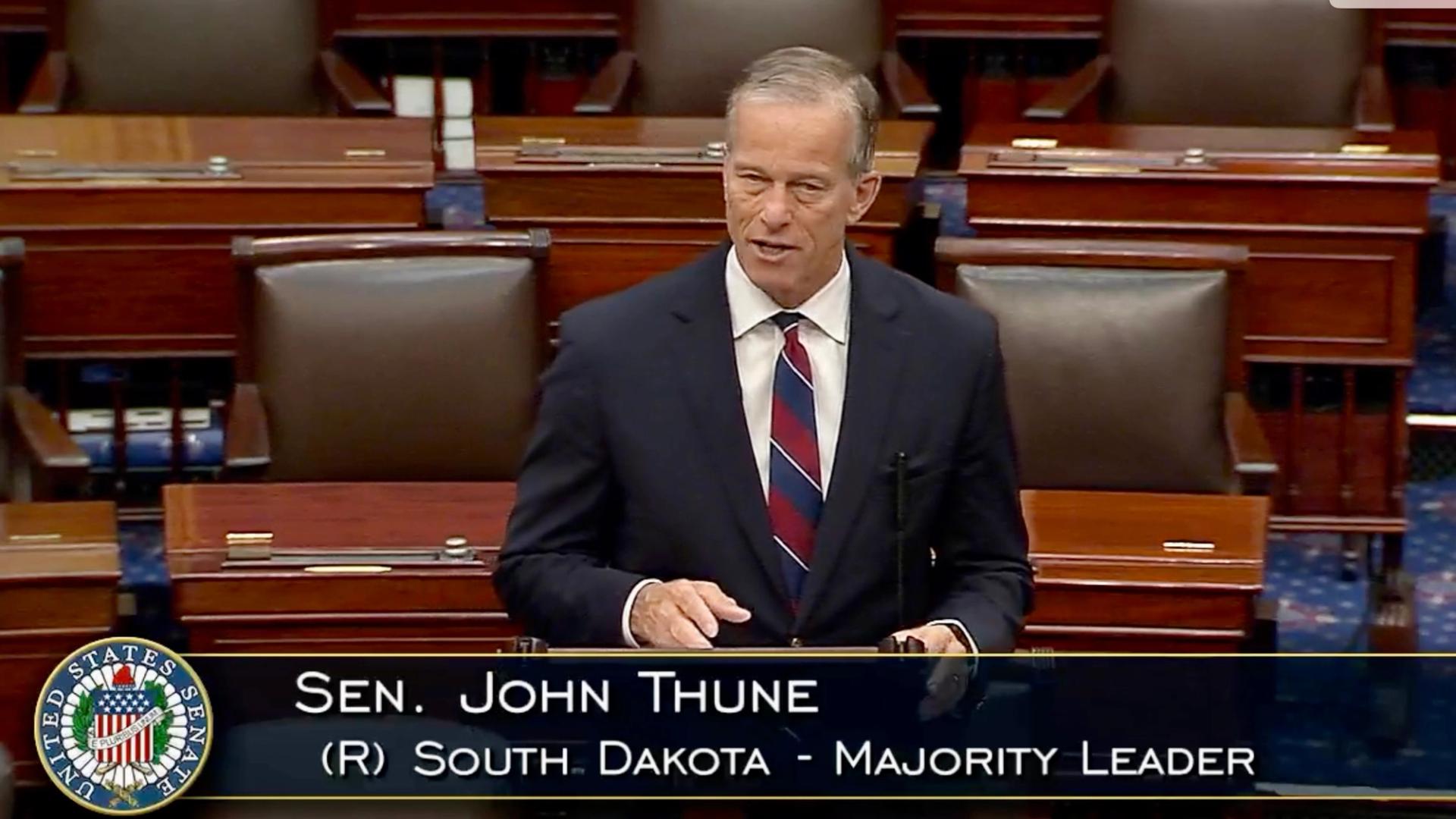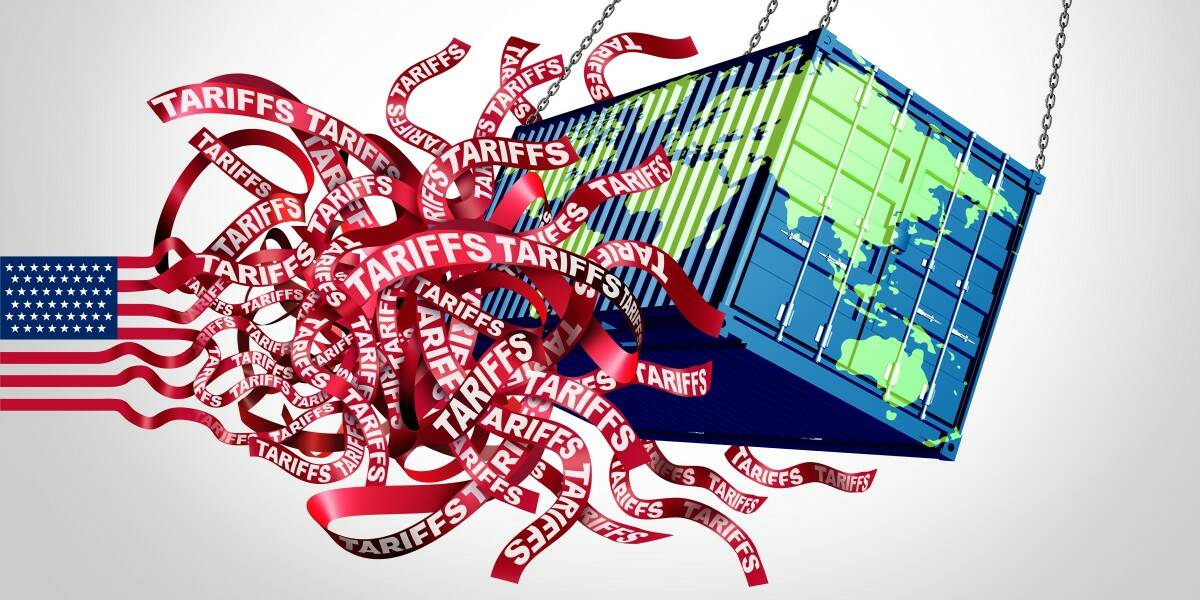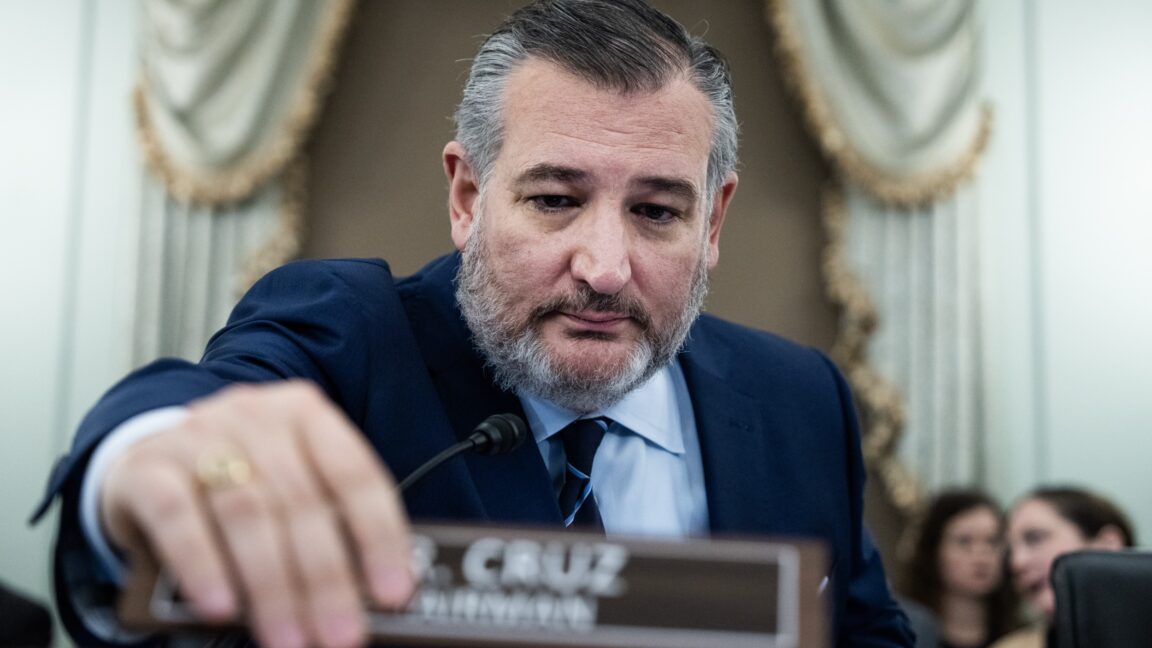Paytm founder faces 3-year ESOP ban as SEBI settles governance violation case
SEBI’s investigation centered on whether Vijay Shekhar Sharma, Paytm’s founder and managing director, improperly classified himself as a “non-promoter” shareholder just days before OCL’s IPO filing in July 2021.


India’s securities regulator has settled a case against One97 Communications Limited (OCL), the parent company of fintech giant Paytm, and its founder Vijay Shekhar Sharma over alleged violations linked to employee stock option (ESOP) grants.
The Securities and Exchange Board of India (SEBI) announced the resolution on Thursday, marking a conclusion to a year-long probe into governance practices ahead of OCL’s 2021 initial public offering.
SEBI’s investigation centered on whether Vijay Shekhar Sharma, Paytm’s founder and managing director, improperly classified himself as a “non-promoter” shareholder just days before OCL’s IPO filing in July 2021.
The regulator alleged this move allowed Sharma and his brother, Ajay Shekhar Sharma, to receive millions of ESOPs—2.1 crore and 2.26 lakh options, respectively—that would have otherwise been restricted under SEBI rules for promoters.
Under the settlement terms, the parties neither admitted nor denied the allegations but agreed to several corrective measures. All unexercised ESOPs granted to Vijay and Ajay will be cancelled. OCL and Vijay will each pay a settlement fee of Rs 1.11 crore and disgorge Rs 35.86 lakh from the sale of shares acquired through exercised ESOPs. Additionally, Vijay faces a three-year ban from receiving new ESOPs from any listed company.
“Mr. Vijay Shekhar Sharma created a scheme through transfer of equity to a family trust to circumvent regulations,” SEBI stated in its 12-page settlement order, adding that the actions potentially disadvantaged public shareholders.
The regulator also flagged “incorrect disclosures” in IPO documents and alleged that Sharma influenced the company’s remuneration committee to approve the grants.
While the case is now closed, SEBI reserved the right to take further action if the parties breach the settlement terms or if any representations made during the process are found to be untrue. The order emphasized that the resolution does not preclude enforcement actions for other violations.
In an earlier exchange filing about the SEBI case, it had stated that "Based on an independent legal opinion obtained by the management, it believes that the Company is compliant with the relevant regulations."
Edited by Jyoti Narayan























